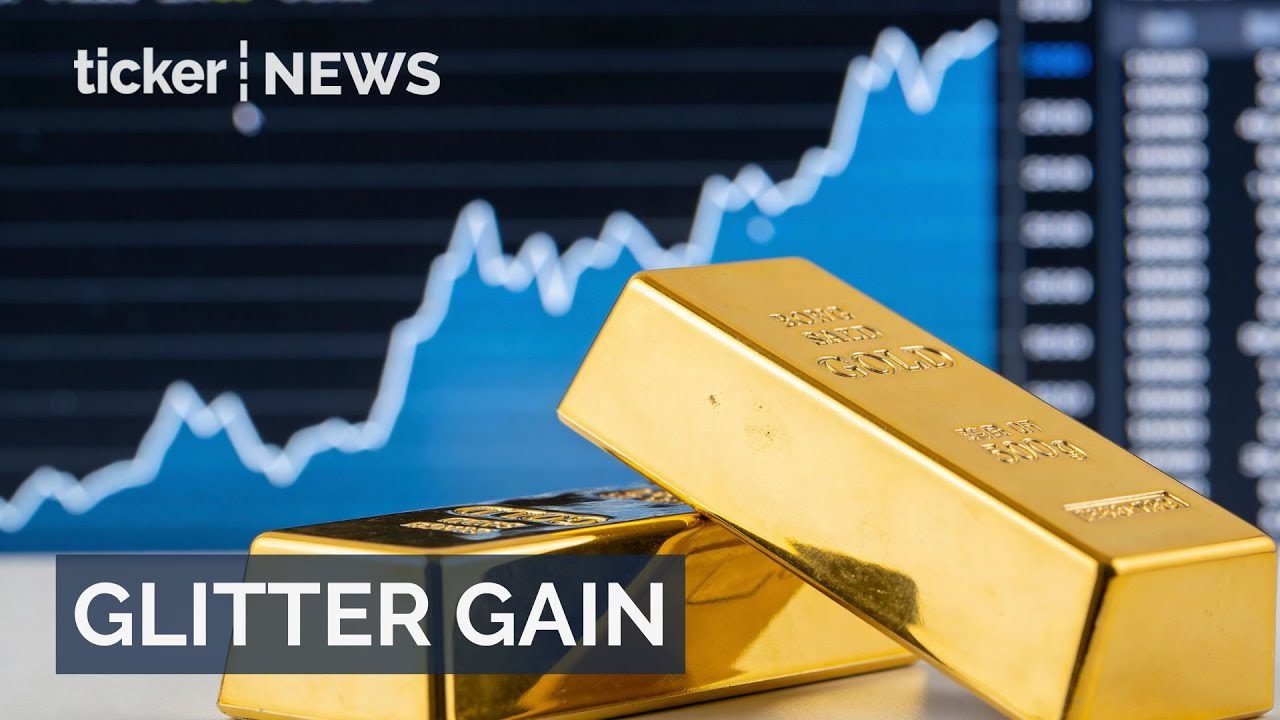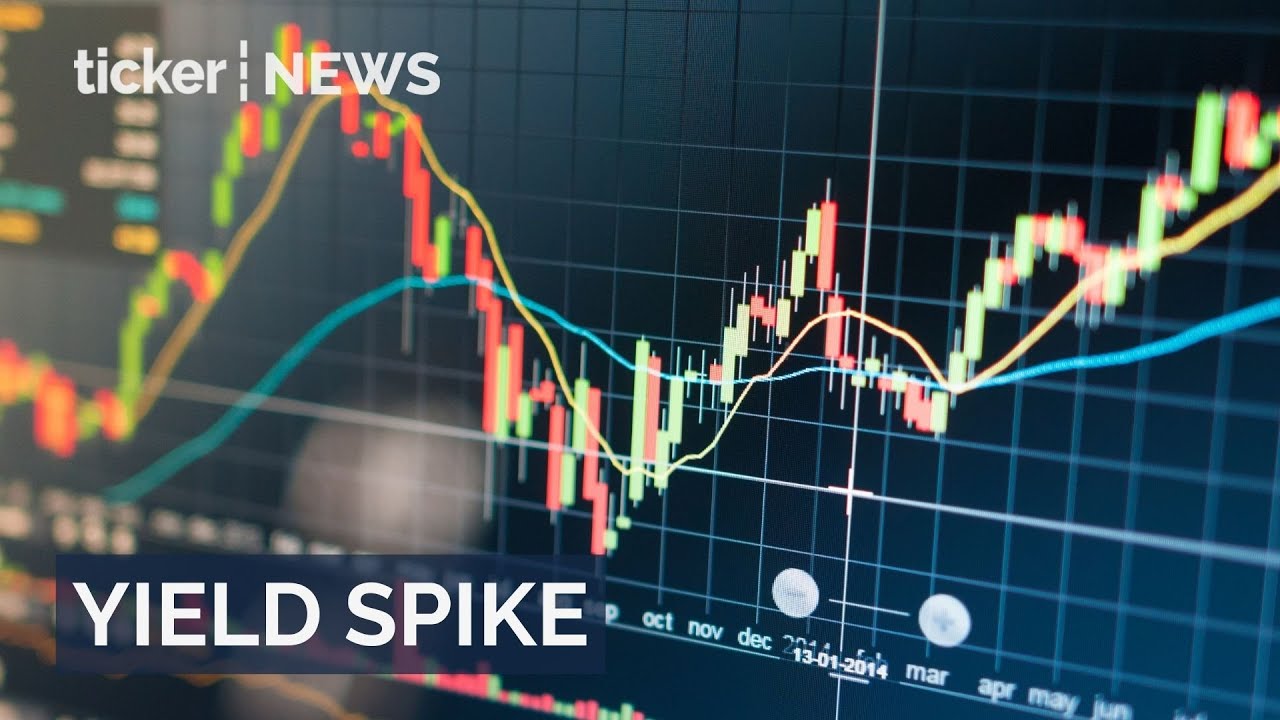Money
Apple is releasing an exciting new product, but it’s not an iPhone

Money
Markets tumble as Trump tariffs, Greenland rhetoric and Europe backlash collide
U.S. stocks plummet over 800 points amid renewed tariff threats and political tensions from Trump, sparking global trade concerns.
Money
Gold hits record highs as investors flee risk
Gold surges amid global uncertainty, with February futures rising 1.71% to $4,674.20 per ounce, signaling safe-haven demand.
Money
Markets edge higher as 10-year yields hit new highs
Major stock indices rise slightly; 10-year Treasury yield hits 4.23% amid Fed Chair speculation, affecting small and mega-cap stocks.
-



 Ticker Views2 days ago
Ticker Views2 days agoDOJ to charge Don Lemon under historic KKK Act
-



 Ticker Views1 day ago
Ticker Views1 day agoBacklash over AI “Indigenous Host” sparks ethical debate
-



 News2 days ago
News2 days agoOpenAI prepares first consumer device amid revenue boom
-



 Money3 days ago
Money3 days agoMarkets edge higher as 10-year yields hit new highs
-



 News3 days ago
News3 days agoNASA’s Artemis II launch: Argentina joins first crewed moon mission in 50 years
-



 News3 days ago
News3 days agoEU condemns Trump’s Greenland tariff threats: Trade tensions escalate
-



 Politics3 days ago
Politics3 days agoSupreme Court tariffs and Albanese approval drop: What you need to know
-



 Ticker Views4 days ago
Ticker Views4 days agoWhy traditional flood warnings keep failing






